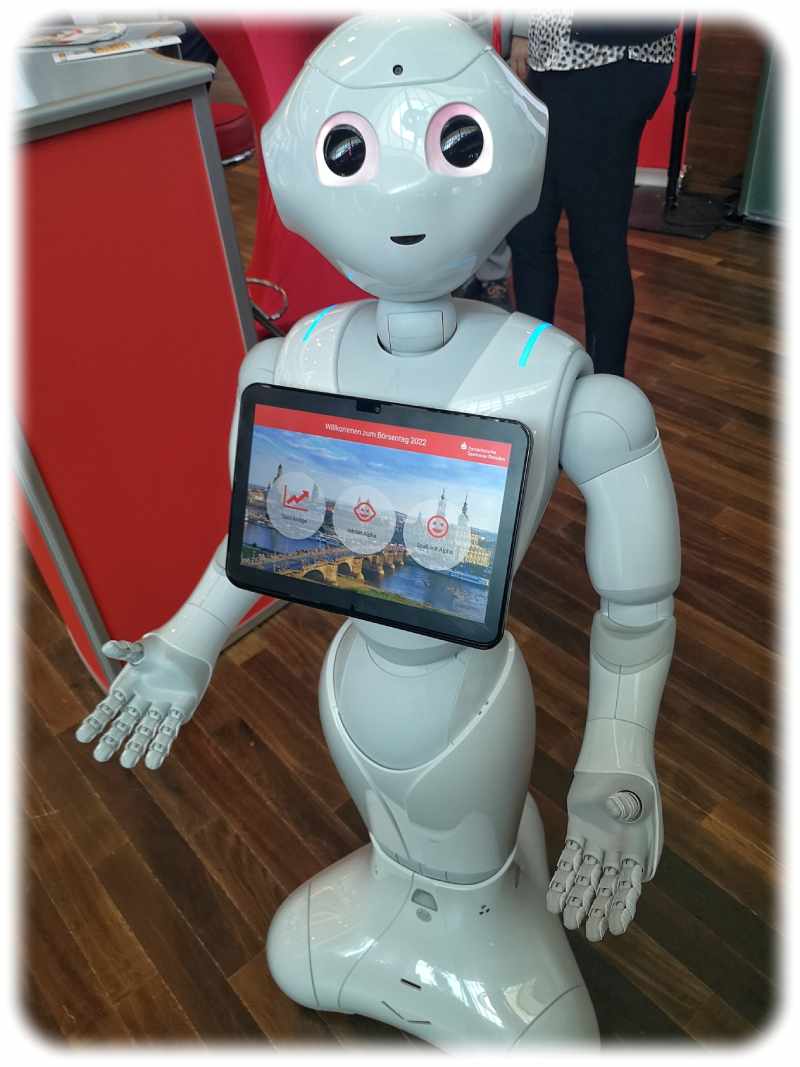
Artificial intelligence: a term that’s become ubiquitous in discussions about the future of work. As the digital age forges ahead, industries across Germany brace for a revolution led by AI. Survey findings from Bitkom Research reveal that a majority of Germans anticipate profound alterations to the professional landscape, especially in sectors like banking, insurance, stock trading, and software development, as well as in educational and creative fields.
The AI breakthroughs observed recently have been compared to the dawn of computers, but with a significant acceleration in impact. Bitkom’s CEO highlighted the rapid advancements in generative AI, noting its wide adoption in various roles such as content creation and image generation. He advised that individuals should acquaint themselves with AI technologies and pursue further education to stay competitive in their careers.
In contrast, public perception seems to underestimate AI’s penetration in certain fields. Only a minority predict that roles within the legal, military, and law enforcement sectors will see extensive changes due to AI integration. In these fields, AI is already proving invaluable, sifting through massive documents in law firms, aiding judges in navigating case law, and enhancing military capabilities from satellite image analysis to drone operations.
Technology executives, like those from Dresden’s Telekom MMS, warn that companies failing to strategically harness AI now may find themselves eclipsed in the near future. As AI continues to redefine what’s possible, the transformative power of this technology can no longer be overlooked in any sphere of professional activity.
Important Questions and Answers:
Q: What are the key challenges associated with the rise of AI in industries?
A: The key challenges include ensuring data privacy and security, mitigating job displacement, addressing ethical concerns surrounding AI decision-making, maintaining regulatory frameworks, and dealing with the digital divide that may further widen socioeconomic disparities.
Q: What controversies are related to the topic of AI transforming jobs?
A: Controversies include fears of mass job loss as AI takes over human roles, biases in AI algorithms that may perpetuate discrimination, the possibility of AI being used for malicious purposes, and concerns about AI surpassing human control (often referred to as the singularity).
Advantages and Disadvantages:
Advantages:
– Increased Efficiency: AI can process data and perform tasks faster than humans, leading to greater productivity.
– Cost Reduction: Automating routine tasks can decrease operational costs.
– Innovation: AI can drive innovation, leading to the development of new products and services.
– Improved Accuracy: AI algorithms can reduce errors in data analysis and decision-making.
Disadvantages:
– Job Displacement: AI may replace human jobs, particularly in sectors such as manufacturing and customer service.
– Ethical Concerns: There are worries about the ethical implications of AI in decision-making processes.
– Data Privacy: AI systems require vast amounts of data, raising concerns about the collection and use of personal information.
– Dependence on Technology: Over-reliance on AI could lead to a loss of human skills and expertise.
For further reading on the subject matter, you may visit:
– Bitkom: The association representing the digital industry in Germany.
– Telekom: A primary provider of technology and telecommunications services in Germany, involved in developing and applying AI solutions.
Please note the URLs provided above are directed to the main domain and do not contain subpages.
The source of the article is from the blog exofeed.nl

